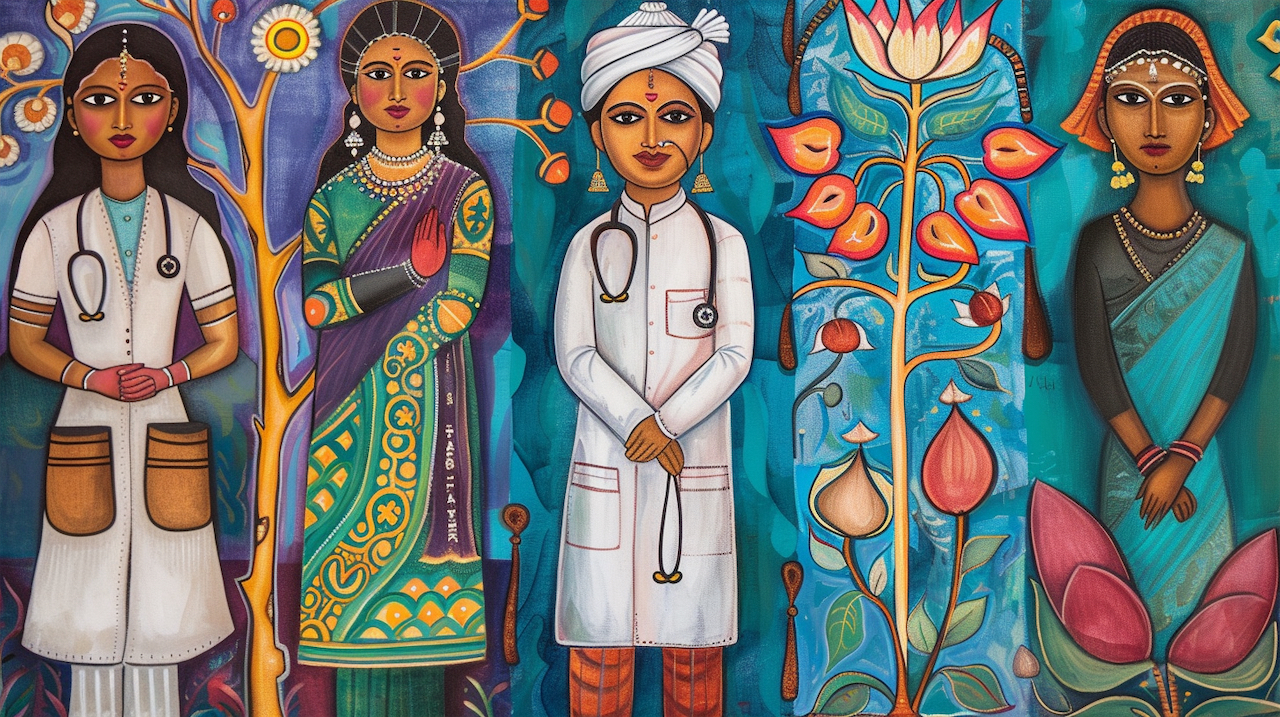
In their article “What Have We Learned That Is Critical in Understanding Leadership Perceptions and Leader-Performance Relations?”, Robert G. Lord and Jessica E. Dinh review research on leadership perceptions and performance, and provide research-based principles that can provide new directions for future leadership theory and research. What is leadership? Leadership is tricky to define.








